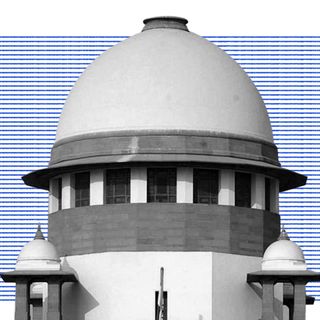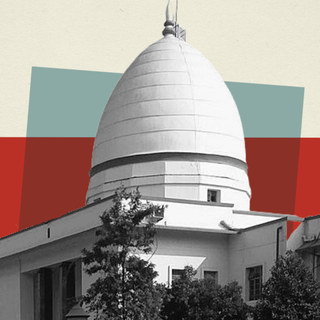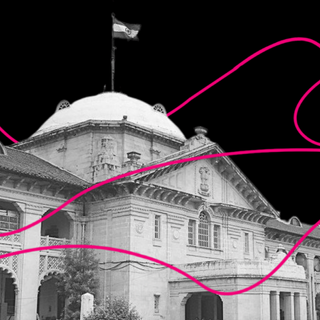Vaccination drives have taken on an odd, interesting turn. Private hospitals are tying up with hotels to vaccinate people — with some even offering “post-vaccination stays” that include rooms and meals as a package deal with the vaccine. Butthe Union Ministry of Health and Family Welfare on Monday urged states to ensure such drives are discouraged and appropriate legal action is taken against hospitals.
According to official guidelines, vaccination is permissible only in government or private vaccination centers, sites set up in government offices to immunize employees, private offices partnering with a registered hospital, and temporary centers in housing societies, panchayat offices, community centers, schools, colleges, and old-age homes. The differently-abled and elderly can access a vaccination set-up near their homes.
“Apart from this, there are no other avenues to carry out vaccination under thenational Covid vaccination program. Therefore, vaccination carried out in star hotels is contrary to the guidelines and must be stopped immediately,” the central government’s notification read, warning hospitalsof legal action.
“Post-vaccination hotel stays,” decked with amenities and the promise of relaxation, are in direct opposition to this guideline. These packages, ranging between Rs 3,500 and Rs 5,000 (or more in some cases), categorically invite well-heeled people to “enjoy a healthy breakfast and dinner” and a “comfortable stay.” The whole exercise, marked by private stakeholders and a tech-savvy urban populace, illustrates a scenario where the current vaccination strategy — experienced in terms of shortages and technical difficulties — primarily benefits those with the social and economic wherewithal.
Related on The Swaddle:
People From Cities Are Taking up Vaccine Slots in Rural Areas Amid Shortage
Similarly, news of drive-through vaccination sites at malls and other locations have also drawn criticism from experts. Most states facea short supply of doses — the current stock is used to prioritize frontline workers and people aged 45+; the vaccine drive faltered in May, with those under 45 years struggling to get a slot on Co-WIN. Private hospitals, which under the current policy have to compete with state governments to procure 50% of the national vaccine stocks, are offering limited doses. Without any cap on prices, hospitals are reportedly charging higher costs — the Serum Institute is selling Covishield for Rs. 600/dose, but some hospitals have pegged the price of one dose between Rs. 850-900.
Last week, the Delhi government flagged the shortage of vaccine doses for people between the 18-44 age bracket, but pointed out the stock present with private hospitals. While private sector intervention has helped in boosting testing and vaccine coverage, experts note the need for price capping, stringent regulation, and continued monitoring.
The government notification is important not only to regulate the drive, but also to discourage inequity in vaccine coverage. People who cannot afford these prices are then stuck between a rock and a hard place: unavailability on one side, and unaffordability on the other.
A recent analysis by the Centre for Monitoring Indian Economy (CMIE) showed 97% of Indians witnessed a decrease in income in the second wave, and more than 1 crore people lost their jobs. The limited purchasing power disrupts their access — and right — to the vaccine. The hotel “packages” present an optic of luxury — in sharp contrast to the limited access many middle-class and disadvantaged groups are experiencing.
Experts have flagged vaccine inequity as an alarming reality with the current vaccination strategy — noting that limited access to the internet, besides economic fallout from the pandemic, will disproportionately impact the “have nots.” Several studies have pointed out Co-WIN access remains out of bounds for people without internet access, time, or understanding to use the app — most of India is still offline.
The Supreme Court also called out the disconcerting digital divide yesterday and urged the central government to prepare a vaccination policy that prices the doses fairly for everyone and protects the poor; the court also sought rationale for leaving the states to fend for themselves.
“Please smell the coffee,” the three-judge bench said during a hearing on Monday, questioning the mandatory online registration in a country where many don’t have internet access and pointing out the scarcity of doses.




